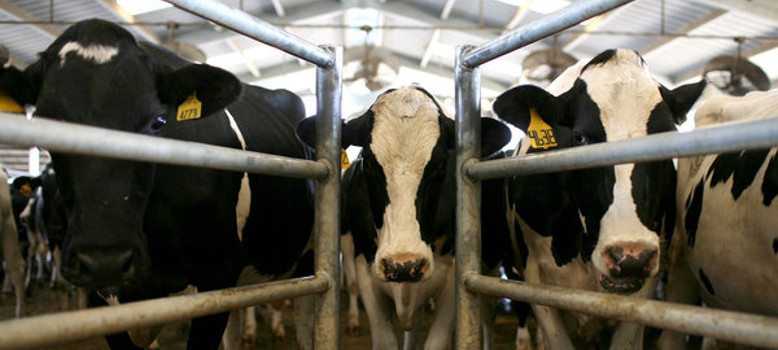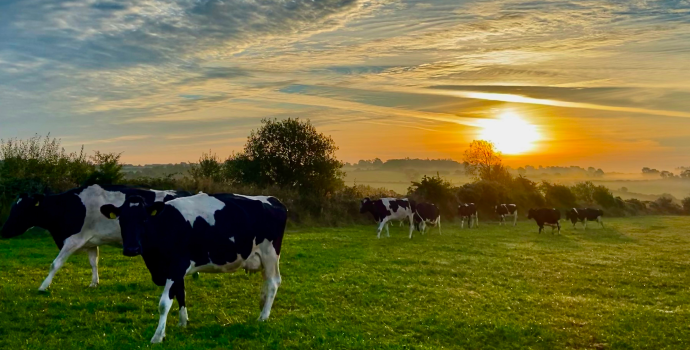Liquid Milk Is Being Under-Remunerated – Especially for Those Paid Flat over the Winter Months – Finn

Commenting on the publication this week of the National Milk Agency Annual Report for 2018, IFA National Liquid Milk Chairman John Finn said it was clear that liquid milk producers were being under-remunerated relative to the value of the high quality fresh milk they ensure consumers can reliably find on supermarket shelves, and the high costs inherent in their production system. He added that the National Milk Agency report also made clear that farmers paid a “flat” price over the winter period stood to lose out by as much as 4.6c/l annualised on year-round contracts when compared to the producers who get remunerated for their constituents winter as well as summer.
“Since the creation of the National Milk Agency, 23 years ago, the retail price of fresh milk has increased by 36% (compared to a 78% increase in general CPI inflation over the same period). The price received by milk producers, on the other hand, is only 10% higher today than it was in 1995,” he said.
“Over the same period, the costs of producing milk have increased massively. Fertiliser prices have increased 71%, feed ingredient prices have increased by between 20 and 40%, and energy costs have risen by over 120%,” he added.
“Also, farmers’ hard work has delivered significantly increased milk solids in the last 20 years: butterfat is up 12%, and protein 8%. ICBF has shown a major increase in solids has also been achieved by the specialist farmers calving their herd in autumn,” he said.
“For years dairies have argued that they do not get the value for solids on the liquid milk market place, this is very debatable when it comes to cream. We are currently researching this, and at this early stage estimate that up to 13c is currently being added by cream sales at wholesale prices to every litre of liquid milk sold by our dairies,” said IFA’s National Liquid Milk Chairman.
“The evidence is mounting that liquid milk producers are being under-remunerated for the quality of fresh milk they deliver, and the massive cost increases they incur. To secure adequate fresh milk supplies on supermarket shelves, dairies must up their winter payments for 2019/20, and those still paying farmers flat must engage with their producer groups to review their system to ensure it remunerates them fairly,” Mr. Finn concluded.


